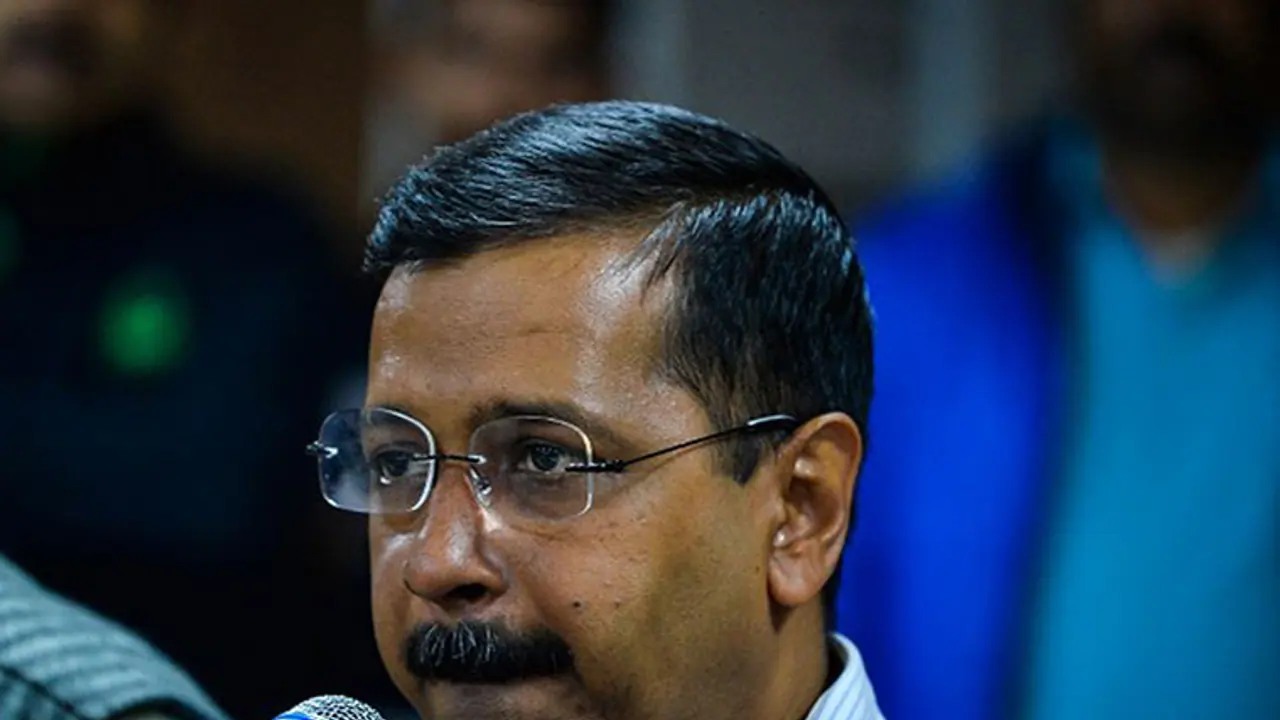So far the Delhi government has not given its sanction to the chargesheet, alleging that the timing of the case has been decided to influence the 2019 general elections and that the Centre wanted to draw political mileage out of it
New Delhi: In a big snub to Delhi’s Arvind Kejriwal government, the Patiala House Court on Thursday said it would hear the JNU sedition case as the AAP regime dragged its feet on giving Delhi police sanction for prosecution.
The court, noting that it would anyway hear the case, set the next date of hearing for March 11.
The investigating officer told the court that he had been present at the time when anti-national slogans were raised on JNU campus in 2016. He also said the police had dug up ample evidence including email exchanges between prime accused Anirban Bhattacharya and Umar Khalid.
Also read: Kanhaiya, Umar Khalid, Anirban: Charge sheet exposes JNU tukde-tukde gang’s sinister plot
In the last hearing, the court had snubbed the police for having filed the chargesheet without having requisite permission from the Delhi government. The court had also asked the Delhi government to expedite the sanction.
So far the Delhi government has not given its sanction to the chargesheet, alleging that the timing of the case has been decided to influence the 2019 general elections and that the Centre wanted to draw political mileage out of it.
Chief minister Arvind Kejriwal had earlier questioned the timing, saying the police had taken three years to file the charge sheet.
He had said the Delhi government was legally studying the charge sheet. “It took Delhi police three years to file a charge sheet...the police filed it without the government’s nod, and also right before the elections, which raises several questions. There is a need to legally study it,” Mr Kejriwal had said.
The JNU sedition case pertains to the commemoration on the campus of slain Palriament attack terrorist Afzal Guru where anti-India slogans had been raised and the now infamous ‘Bharat ke tukde-tukde’ gang had come into national limelight. Those accused in the case are the then JNU students union president Kanhaiya Kumar, and students Anirban Ganguly and Umar Khalid. The charge sheet names nine people as accused.
